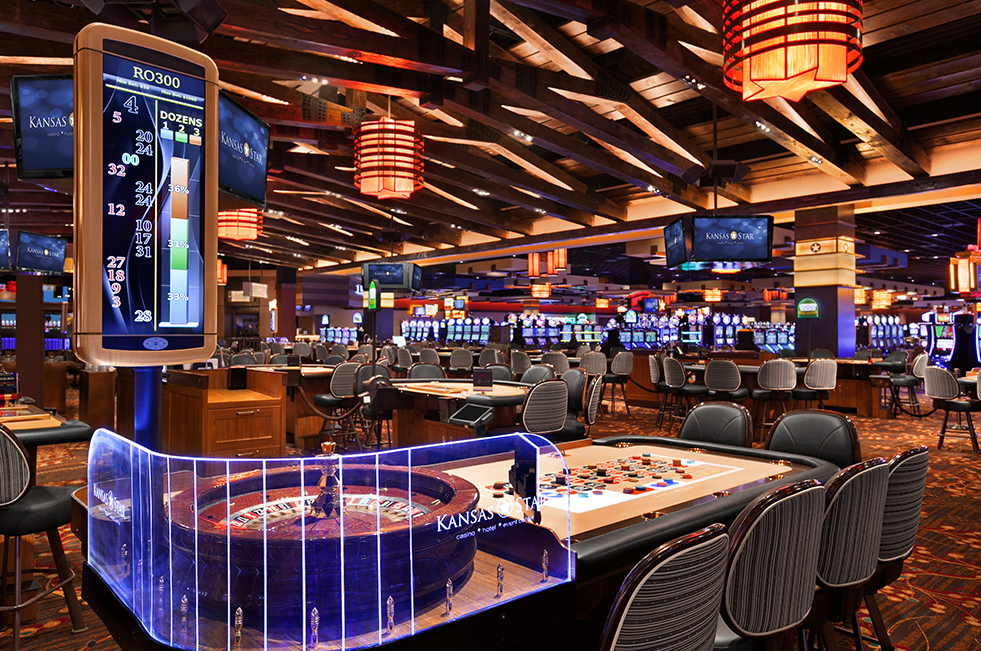
A world of gambling games is constantly evolving, shaped by shifting regulations, tech innovations, and shifting consumer preferences. As governments and gaming commissions strive to create a safe and fair environment for players, the framework of gambling laws is undergoing significant transformations. Grasping these shifts is important for both sides of casino operators and players looking to navigate the exciting yet complex realm of gaming.
Recently, multiple regions have proposed and enforced new policies targeting enhancing the protection of players while promoting ethical gaming. These developments not only impact the varieties of gambling games available but also the manner in which they are marketed and obtained. In this piece, we will explore the most recent regulation changes, their implications for the industry, and what players can look forward to as they interact with their favorite casino games.
Revised Regulatory Structures
Recent changes in gambling rules are shaping the future of gaming games across multiple regions. Authorities are acknowledging the need for a comprehensive governance framework that not solely protects players while also provides fair gaming and accountable gambling. These frameworks are crafted to resolve issues such as digital gambling, cryptocurrency currencies, and innovations in the technological field, reflecting the evolving landscape of the gambling industry.
One major change is the introduction of tighter regulations regarding clarity and gambler safety. Gambling venues are now required to disclose transparent information on probabilities, winnings, and the possible dangers associated with gaming. This transition aims to enable customers by helping them take informed decisions while also helping to combat gaming issues through accountable play practices. Gaming providers are obligated to implement self-exclusion programs and make available assistance for gamblers seeking support.
Additionally, novel laws are being implemented to emerging innovations such as virtual reality and distributed ledger technology in gaming games. Oversight bodies are developing standards to ensure that these innovations maintain authenticity and fairness while also securing player privacy. As the sector evolves, regulators are modifying to ensure that innovations enhance the gambling atmosphere while shielding both customers and operators.
Impact on Casino Game Diversity
The recent updates in casino game policies have unlocked new pathways for gaming experiences, allowing for enhanced innovation and diversity within the industry. As oversight agencies update their guidelines, creators are motivated to create unique gaming experiences that address a larger demographic. This has resulted in a rich tapestry of fresh titles, incorporating multiple concepts, styles, and mechanics that were historically overlooked or restricted by tighter regulations.
With a less rigid regulatory environment, casinos are now capable to experiment with different game styles, including skill-focused games and engaging experiences. PG88 This transition has led to a boom in hybrid games that combine traditional gambling features with modern gaming trends, such as electronic gaming and enhanced reality. By diversifying the variety of games offered, gaming venues can appeal to not only experienced gamblers but also non-professional players who may lean towards more unique selections.
Furthermore, the development of rules has focused on transparency and fairness in gaming, which could build greater trust from players. As a benefit, consumers are more open to consider a broader selection of gaming experiences, understanding they are interacting with platforms that adhere to modern regulations. This growing belief enhances player participation and can ultimately drive revenue growth as more broad selections meet different preferences and audiences in the gaming community.
Upcoming Trends in Oversight
As the gambling landscape changes, authorities are more and more focused on adopting technology-based solutions to enhance clarity and justice. The adoption of blockchain technology into gaming operations is anticipated to gain ground, allowing for increased oversight of operations and ensuring that games remain fair and secure. This change could lead to a compliance framework that accepts these innovations, promoting confidence among participants and providers alike.
In addition to digital integration, there will likely be a tighter emphasis on prudent gaming methods within the oversight environment. Authorities are anticipated to implement tougher measures to promote participant protection, including mandatory self-exclusion initiatives and strong age verification mechanisms. This move aims to defend vulnerable populations while ensuring that the enjoyment of gaming games is maintained for responsible gamblers.
Lastly, as internet gaming continues to increase globally, harmonization of regulations across different areas will become a critical need. Countries may endeavor to collaborate more closely on shared standards for certification, operation, and taxation. This could lead to a more efficient regulatory process for global operators, fostering a greater acceptance of digital gaming games while maintaining strong of player protection and honesty in the gaming industry.
Bắn cá PG88